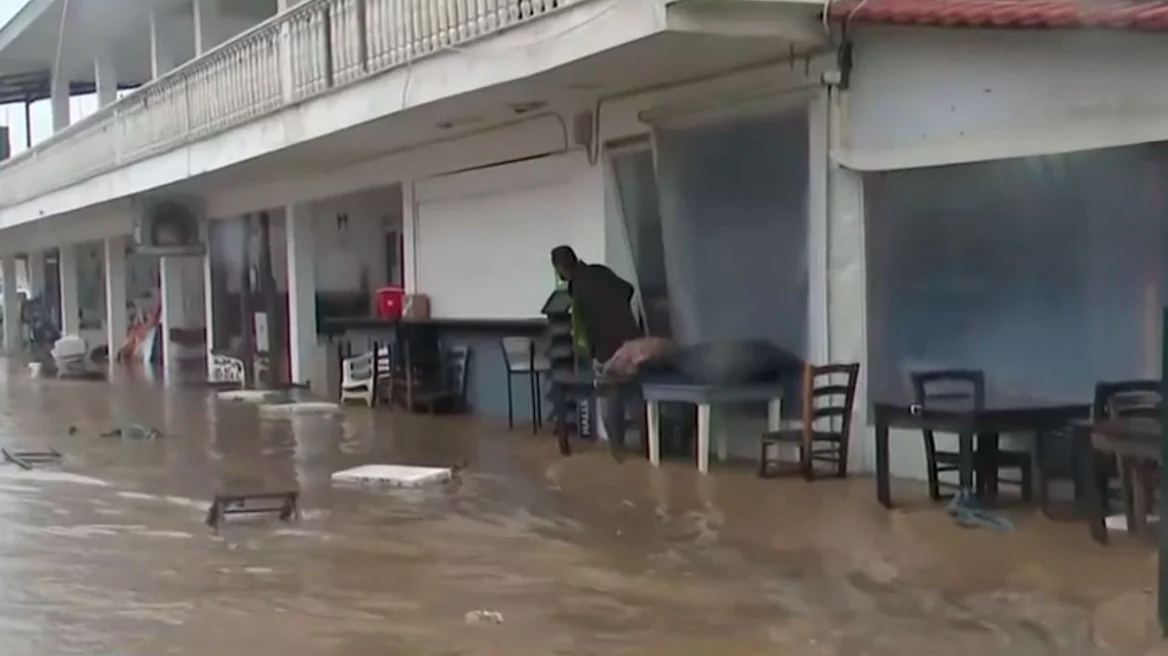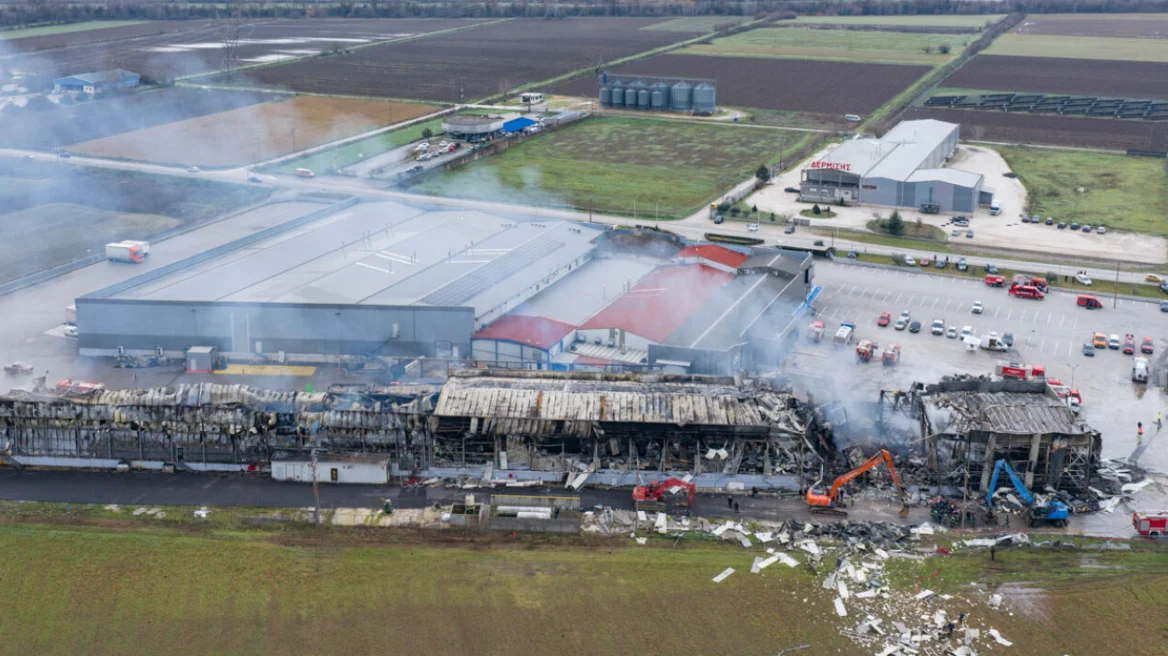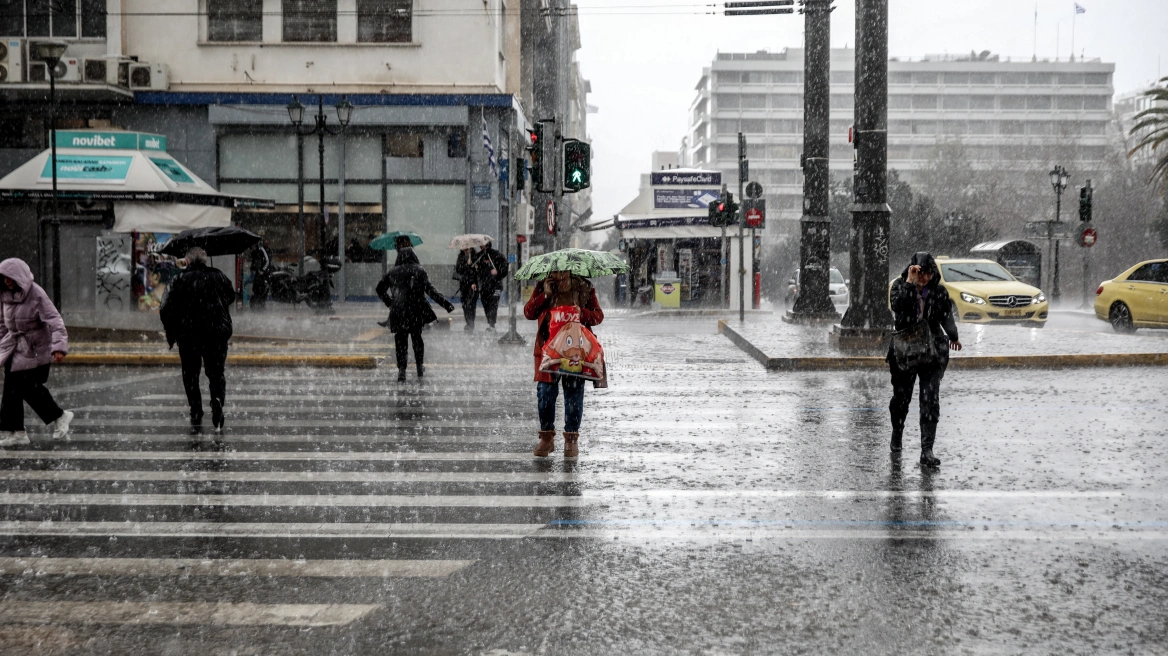European Commissioner for Home Affairs Ylva Johansson and Migration and Asylum Minister Notis Mitarakis, in joint statements after their meeting in Athens on Thursday, announced the creation of a temporary mechanism for the voluntary return of 5,000 migrants from the Greek islands to their countries of origin, which will be funded by the European Commission.
The mechanism will be temporary, lasting only one month, and will offer the opportunity – exclusively for the migrants staying in the reception centers on the islands and who have arrived in Greece before January 1, 2020 – to apply to voluntarily return to their country and also receive an allowance of 2,000 euros.
The returns will be organized in cooperation with the International Organization for Migration and Frontex.
Johansson said that this mechanism “is an opportunity for the decongestion of the Greek islands” while Mitarakis noted that the voluntary returns will be added to the transfer of 10,000 asylum seekers to the Greek mainland, as was announced for the first quarter of 2020.
Additionally, they announced that there will be special focus on the relocation of unaccompanied migrant and refugee children to other European Union member-states. Already seven countries are expected to receive at least 1,600 unaccompanied children.
Also Read:
Video shows Turkish F-16 jets flying 150m over Evros village on Greek border side
Turkish CG speedboat hits Hellenic CG vessel inside the Greek Territorial waters! (video) (Upd.2)
Riots continue at Evros with immigrants throwing rocks and tear gas against Greek forces
“It is very urgent to find a solution because childhood and puberty can’t be done over,” said Johansson, adding that the Commission and the Greek government will jointly organize a conference on the unaccompanied children in May.
She reiterated the European Commission’s solidarity with Greece, a solidarity that is in line with the common European values and constitutes a significant part of the EU’s identity. “We discussed the importance all international and European treaties to be followed and to give access to asylum to those people who need it before they are returned,” she said.
“We asked and ask for Europe’s support for the management of the crisis and its repercussions,” said Mitarakis referring to “the immediate support and to the new EU directive for migration and asylum, which must follow the principle of a proportional allocation of responsibility for refugee flows”.
Replying to an Athens-Macedonian News Agency question to Johnsson on whether the proposal for the new EU directive for asylum to be presented after Easter will foresee compulsory redistribution to other EU member-states, the Commissioner said that “this was one of the issues that blocked the previous proposals so we have to find other ways to proceed, ways that will be accepted by the other member-states.”
Finally, replying to a Swedish media question about the criticism that the government had violated international treaties with its decision to stop taking asylum applications from migrants arriving in Greece after March 1, the minister replied that “it is clear that we are facing a state of national emergency and we must protect our borders,” adding that “we do this with full respect for international and national laws”.
Source: a.p.e.
Ask me anything
Explore related questions





